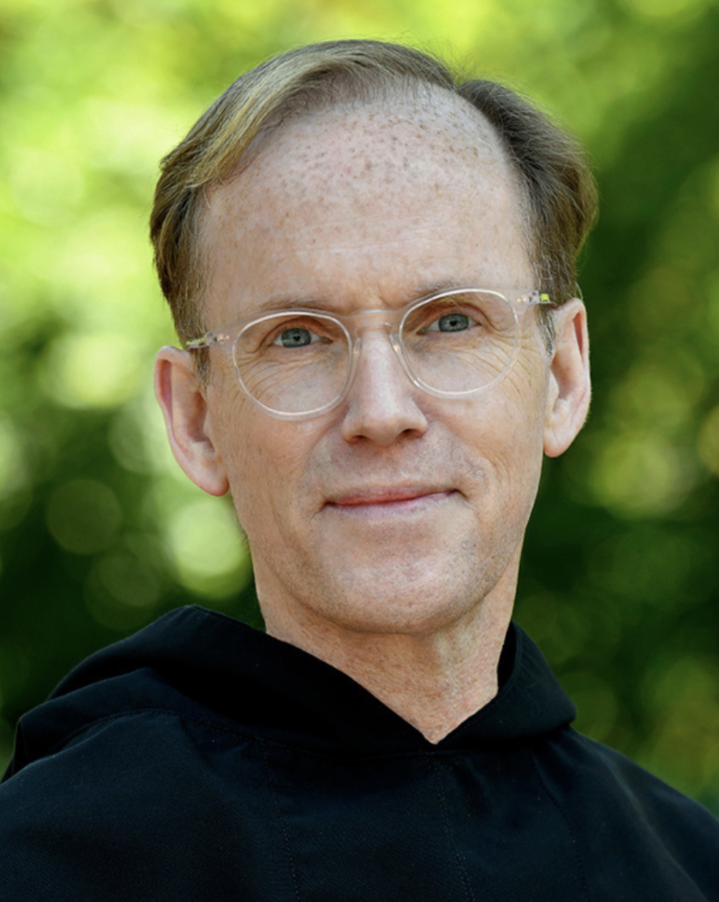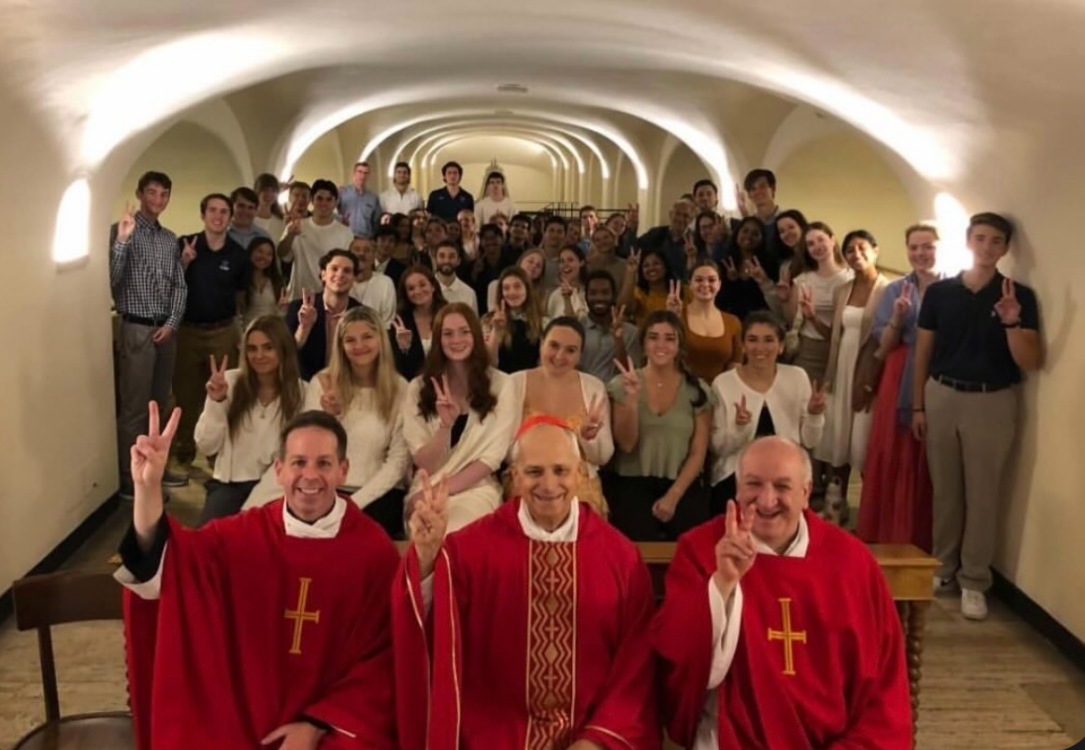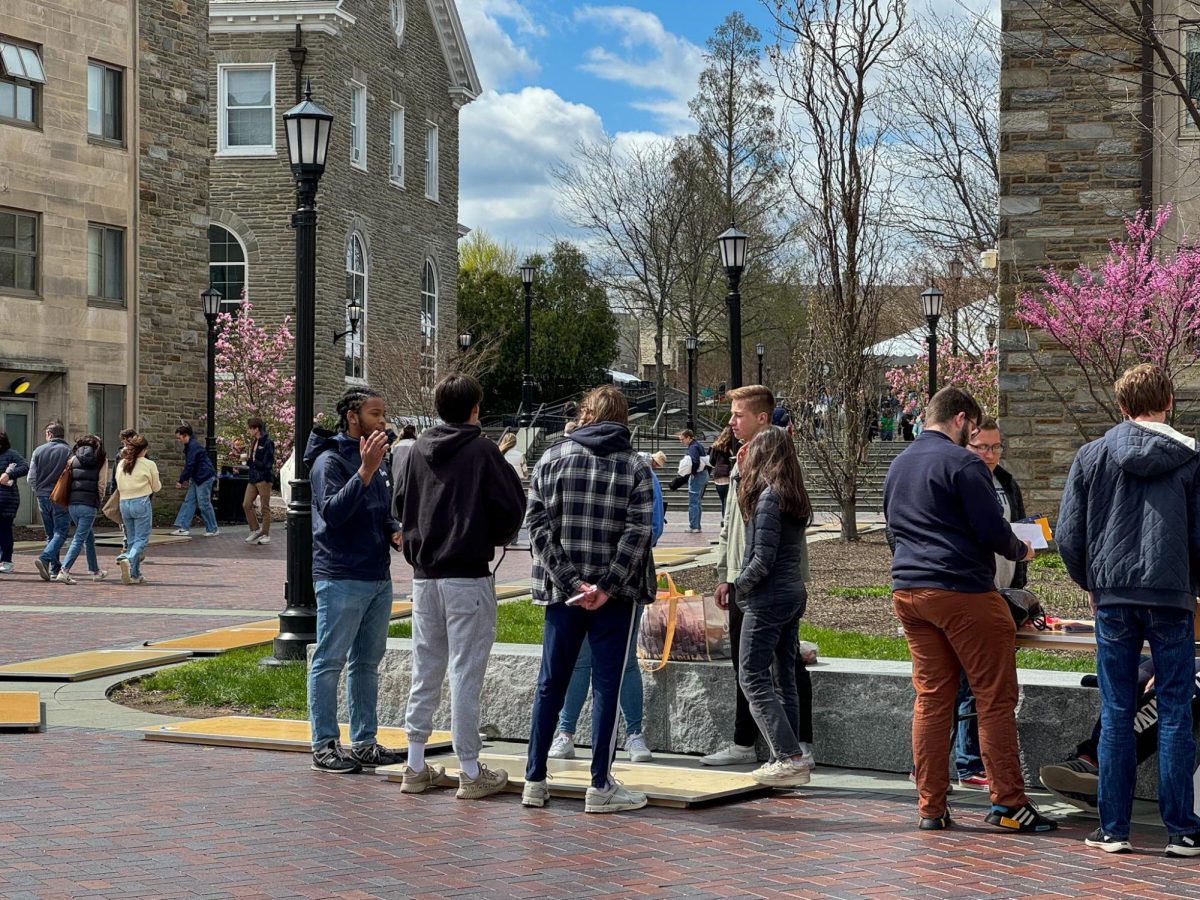As you read this, thousands of ethnic Armenians are fleeing their homes. News reports claim that the Artsakh territory will cease to exist a year from now, as indigenous Armenians leave their homeland. Villanova is home to a respectable Armenian population, filled with students passionate about preserving their culture, history and identity.
In an effort to spread awareness and cultivate a level of knowledge surrounding this ethnic conflict, Villanova’s Armenian Students hosted a teach-in on the happenings in Artsakh. The Teach-In was sponsored by the Department of Global Interdisciplinary Studies, the Center for Peace and Justice Education, the Center for Arab and Islamic Studies and the Student Government Association. Students also spread the word to a variety of academic departments like the Political Science Department and the History Department, as well as reaching out to various academic centers on campus.
Professor Samer Abboud played an influential role in helping the Armenian students organize this teach-in. As an Associate Professor of Global Interdisciplinary Studies and Director of the Center for Arab and Islamic Studies, Abboud has hosted successful educational events and teach-ins in the past that paved the way for the possibility of this one.
“We are hoping that this teach-in helps Villanovans develop a deeper understanding of the crisis through reference to the historical context as well as the immediate on-the-ground situation that many people are experiencing today,” Abboud said. “The teach-in will help Villanovans identify key questions and issues to think about as they pursue a deeper understanding of the crisis in Armenia and Artsakh.”
The teach-in featured three expert panelists specializing in Armenian history, humanitarian development and advocacy. Students coordinated with members of the greater Philadelphia community and beyond to pick advocates who could provide insight on the topic. The speakers included Khatchig Mouradian, Christine Momjian and Dr. Mark Schrad. At the beginning of the event, the leaders of the Armenian Students Organization, Taleen Postian and Isabella Balian, delivered the opening remarks.
Mouradian serves as a lecturer at Columbia University specializing in Middle Eastern, South Asian and Africana Studies. He also serves as an Armenian and Georgian Area Studies Specialist at the Library of Congress. In 2021, Mouradian won an Honorable Mention Award for his book, The Resistance Network: The Armenian Genocide and Humanitarianism in Ottoman Syria, 1915-1918. Other work of Mouradian’s covers civil war, ethnic cleansing, concentration camps, unarmed resistance, the aftermath of mass violence, midwifery in the Middle East and approaches to teaching history.
Momjian, a member of the larger Philadelphia Armenian community, served on the panel to contribute to the real-life experiences of refugees facing displacement. Momjian has served for the Armenian Missionary Association of America (AMAA), whose mission is to serve the physical and spiritual needs of people both at home and overseas. Over the past few years, AMAA has been committed to meeting the humanitarian needs of Armenians in Artsakh. Their programs reach families in Artsakh who choose to remain in their homeland or migrate to Armenia.
The last panelist, Mark Schrad, serves as a professor in Villanova’s College of Liberal Arts and Sciences. Schrad specializes in Comparative Politics & International Relations regarding Russia, Ukraine, Eastern Europe & Former Soviet Union, International Organizations, International Law, Cold War, Communism and Post-Communism.
From a non-Armenian perspective, Schrad was able to contribute to the panel and describe aspects of history and build-up to the present humanitarian crisis. The organizers aimed to educate the Villanova community on this often-overlooked conflict and bring awareness and empathy to this issue.
“The conflict and humanitarian crisis in Artsakh today have a historical trajectory that is too often ignored in the brief reporting that appears in Western media,” Abboud said. “Like most other crises around the world, the situation in Armenia and Artsakh is presented in mostly sensational terms and appears on our collective radars for a moment before disappearing.”
“Though the teach-in centered on the Artsakh war, ethnic cleansing against Armenian people and their culture, and the resulting current refugee crisis, the conversations and questions covered are relevant to other current and future international conflicts and crises,” Postian said.
Postian also spoke to the importance of listening to perspectives discussing humanitarian aid.
“Listening to the stories of refugees fleeing Artsakh will make you more compassionate towards other struggles of migrants,” Postian said. “These issues are both extremely local and universal and that is why this event was curated for non-Armenians to attend and learn.”
Villanova’s Armenian Students are hopeful that attendees of the teach-in were able to grasp a deeper knowledge of the humanitarian crisis and spread awareness beyond this event.






